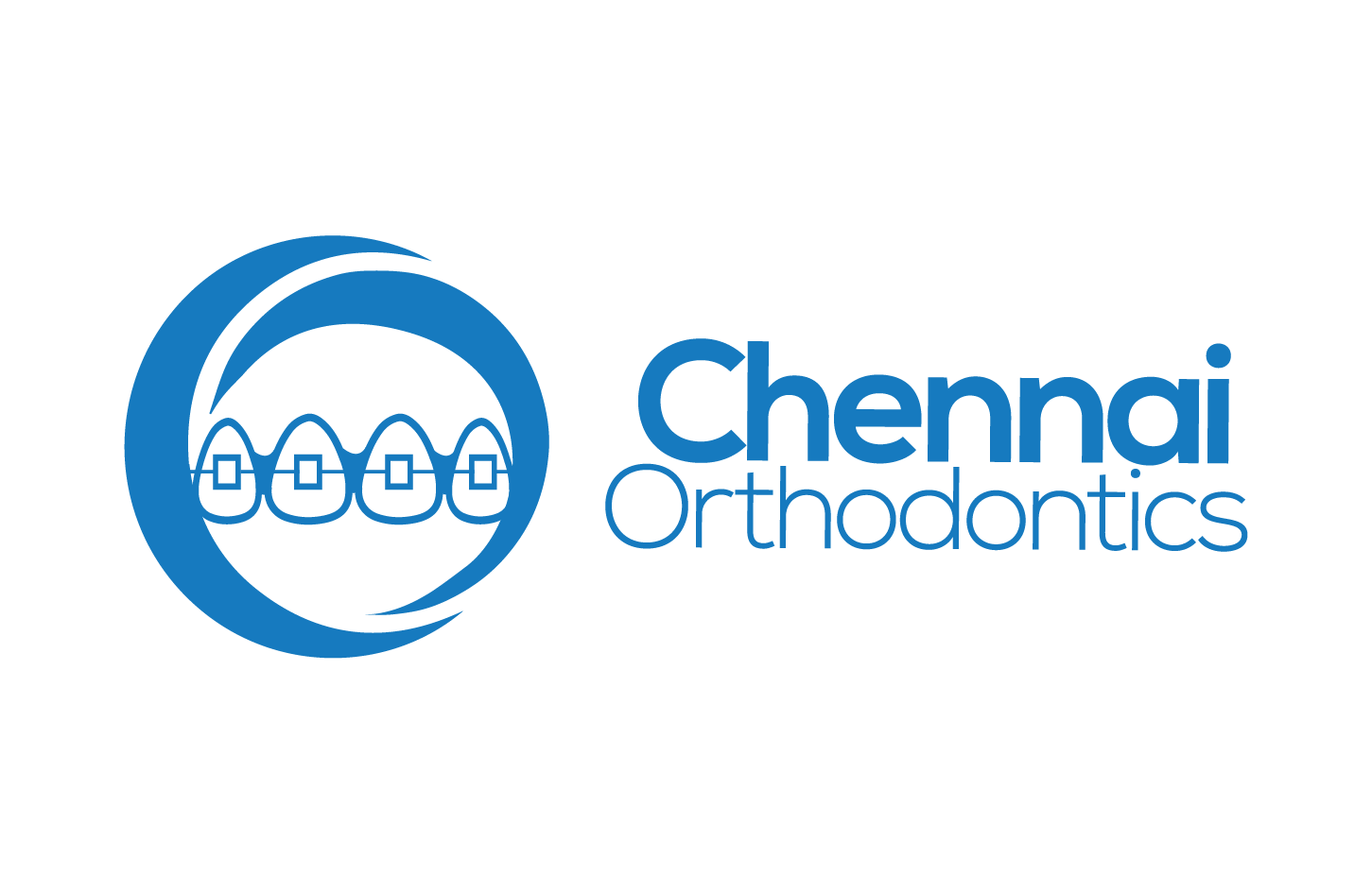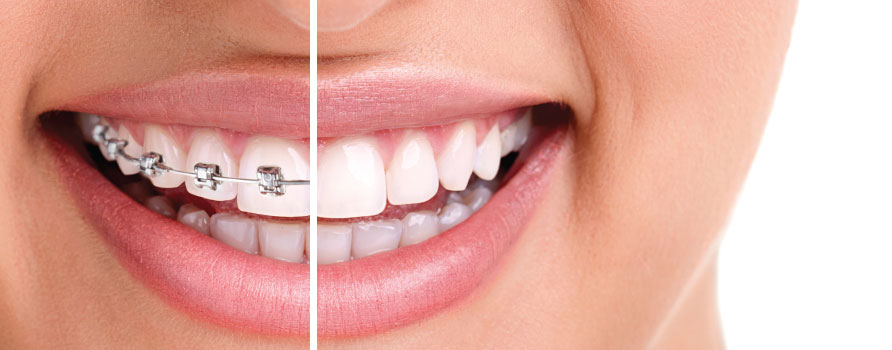Dentists vs Orthodontists: Understanding the Difference
Introduction
When it comes to oral healthcare, dentists and orthodontists are two professionals that play vital roles in ensuring the health and aesthetics of our teeth and smiles. While both professions focus on oral care, there are distinct differences between dentists and orthodontists in terms of their education, specialization, and the services they provide. In this blog post, we will explore the contrasts between dentists and orthodontists, shedding light on their unique roles and how they contribute to our dental well-being.
Dentists: The Guardians of Oral Health
Dentists are the primary healthcare professionals who diagnose, prevent, and treat various dental conditions. They are your go-to experts for routine dental care, providing a wide range of services to maintain oral health. Dentists have earned a Doctor of Dental Surgery (DDS) or Doctor of Dental Medicine (DMD) degree after completing four years of dental school.
Dental Services Offered by Dentists
Dentists are responsible for offering comprehensive dental services, including:
- Preventive Care: Dentists emphasize the importance of regular check-ups, cleanings, and oral hygiene instructions to prevent oral health problems such as cavities and gum disease.
- Restorative Treatments: Dentists are skilled in performing fillings, crowns, bridges, and dentures to restore damaged or missing teeth, ensuring proper function and aesthetics.
- Gum Disease Treatment: Dentists diagnose and treat gum diseases, such as gingivitis and periodontitis, through scaling, root planing, and other periodontal therapies.
- Cosmetic Dentistry: Dentists can enhance the appearance of teeth through teeth whitening, veneers, bonding, and other cosmetic procedures.
- Oral Surgery: While dentists perform minor oral surgeries such as tooth extractions, complex surgical procedures are typically referred to oral surgeons.
Orthodontists: Masters of Teeth Alignment
Orthodontists, on the other hand, are dental specialists who focus on the alignment and positioning of teeth and jaws. After completing dental school, orthodontists undergo additional years of specialized training in orthodontics. They acquire expertise in diagnosing and treating irregularities in tooth and jaw alignment, known as malocclusions.
Orthodontic Services Offered by Orthodontists
Orthodontists provide specialized services to correct malocclusions and achieve proper teeth and jaw alignment, including:
- Braces: Orthodontists are known for their expertise in installing and adjusting braces, which apply gentle pressure to gradually move teeth into their correct positions.
- Invisalign: Orthodontists may offer Invisalign treatment, a popular alternative to traditional braces that uses clear aligners to straighten teeth discreetly.
- Retainers: After orthodontic treatment, orthodontists provide retainers to help maintain the corrected position of teeth.
- Orthognathic Surgery: In complex cases, orthodontists may collaborate with oral surgeons to perform orthognathic surgery, which involves repositioning the jaw to correct severe misalignments.
Dentists vs Orthodontists: Understanding the Distinctions
The main difference between dentists and orthodontists lies in their focus and level of specialization. Dentists provide comprehensive oral care, catering to a wide range of dental needs, while orthodontists specialize in the alignment and positioning of teeth and jaws.
Education and Training
Dentists complete four years of dental school to earn a DDS or DMD degree. In contrast, orthodontists pursue additional years of specialized training in orthodontics after dental school, often leading to a Master of Science in Dentistry (MSD) or Master of Orthodontics (MOrth) degree.
Scope of Practice
Dentists offer a broad spectrum of dental services, including preventive care, restorative treatments, gum disease management, cosmetic dentistry, and basic oral surgery. Orthodontists primarily focus on diagnosing and treating malocclusions, providing services such as braces, aligners, retainers, and collaborating with oral surgeons for complex cases.
Patient Interaction
Dentists often serve as the primary point of contact for patients’ oral health needs. They conduct routine check-ups, diagnose dental conditions, and refer patients to orthodontists or other specialists when necessary. Orthodontists typically work in collaboration with dentists, receiving referrals for patients requiring orthodontic treatment.
Nervous Patients
Conclusion
To conclude the explanation of Dentists Vs Orthodontists. Dental doctor and braces specialist both play critical roles in maintaining oral health and enhancing smiles. Dentists provide comprehensive oral care, while orthodontists specialize in correcting tooth and jaw misalignments. By understanding the distinctions between these professionals, patients can make informed decisions about their oral healthcare needs. Regular visits to both dental doctor and braces specialist contribute to achieving optimal oral health and a beautiful smile.
Remember, whether you require routine dental care or seek orthodontic treatment, consulting with both a dentist and an orthodontist will ensure you receive the most appropriate care tailored to your specific needs.


